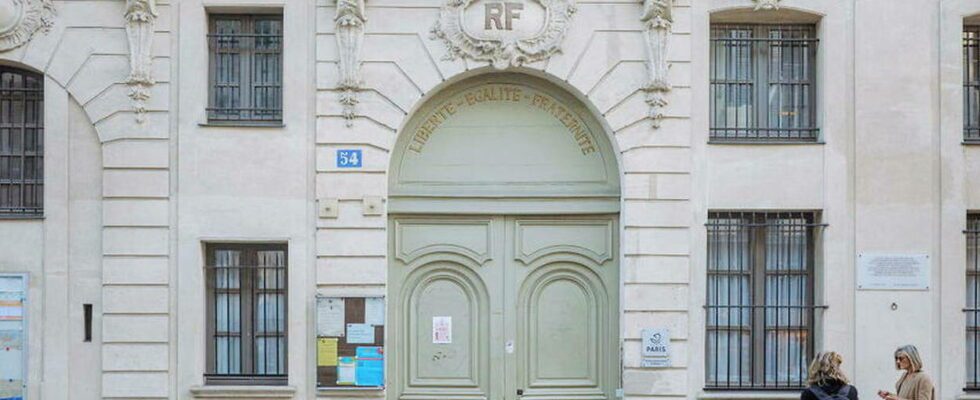GRANDSTAND. France is one of the countries with the most compulsory levies, but the state machine, obese, lacks agility.
By Jean-Philippe Delsol*
© MAYLIS ROLLAND / Hans Lucas / Hans Lucas via AFP
Published on
Subscriber-only audio playback
IFrance would be incapable of facing an invasion like the one that Ukraine is undergoing. It has only 200 operational tanks and few reserves of weapons and ammunition. Its defense budget is struggling to reach 2% of GDP and this will be insufficient to make up for the delays accumulated by decades of famine. But it is no more capable of maintaining security in France where crimes and other incivilities are on the rise. And despite undeniable efforts, justice remains a poor relation: France had 11.2 judges per 100,000 inhabitants in 2020, compared to 22 on average in Europe, and 3.2 prosecutors (compared to 11.8).
However, France is one of the countries in the world with the highest compulsory levies: 45.2% of GDP estimated in 2022. Public spending is much higher (59%), because we continue to live on credit with annual deficits which in 2023 do not fall below 5% of GDP while we have already reached 3,000 billion euros in public debt. We spend more than our neighbours, but we are getting poorer: our GDP per capita is 15% lower than that of the Germans, and we are only 26e in the world ranking. Because our social expenditure absorbs the largest share of public resources: it represents 33% of French GDP, while all expenditure devoted to defence, internal security and justice hardly exceeds 3% of GDP, ten times less.
“Money is flowing, but inefficiently”
Our social services are no better than in comparable countries, but they cost more. In 2020, the share of retirement pension expenditure was 15.9% in France compared to 13.6% on average in the EU. The rates of “retirement” contributions paid by working people on their gross salary are however the highest after Italy and the Czech Republic, ie 27% in France against an average of 18.4% in the OECD. In 2018, public spending on education stood at 2.6% of GDP in Germany, compared to 2.93% of GDP on average in the European Union and 3.4% of GDP in France. Despite this, French teachers are poorly paid and grumble. In 2020, current health expenditure represented 12.2% of gross domestic product (GDP) in France and 10.9% in the whole of the European Union with 27 countries (Eurostat). But hospitals are overstretched and GPs are underpaid.
The state machine, obese, lacks agility, responsiveness, creativity. France is like a dinosaur, whose race is said to have died out because it was too slow to react to the challenges it faced. Money is flowing, but inefficiently. The Council of the compulsory levies observes that the reduced rates of VAT represent a load of 47 billion euros, but almost without any effectiveness. In addition to the annual deficits observed, public money, that of taxpayers therefore, contributes very largely to the balance of pension schemes, i.e. 119 billion euros in 2021, in particular in respect of the additional contributions paid by the State as employer and its contribution to the deficits of the special schemes. So we could find some money. This is also what motivated Emmanuel Macron to initiate pension reform, to reduce state assistance.
READ ALSOPensions: the debacle of reasonThe solution is not in finding new resources to keep spending more and more. It is looking for savings by making households responsible for their social expenditure, by allowing them to take out insurance freely, by gradually opening up pensions to capitalization, by establishing a single allowance for those who really need it. It is also in more efficient organizations by abolishing the civil service status, as many countries have done from Sweden to Switzerland via Denmark and Italy, by adopting a simpler, more reasonable taxation, neutral. By accepting the opening to competition between schools and universities, to make the National Education react, between public hospitals, as in the Netherlands or in Germany. Because competition is always a factor of innovation and efficiency.
*Jean-Philippe Delsol, lawyer, is the president of the Institute for Economic and Fiscal Research (Iref).
